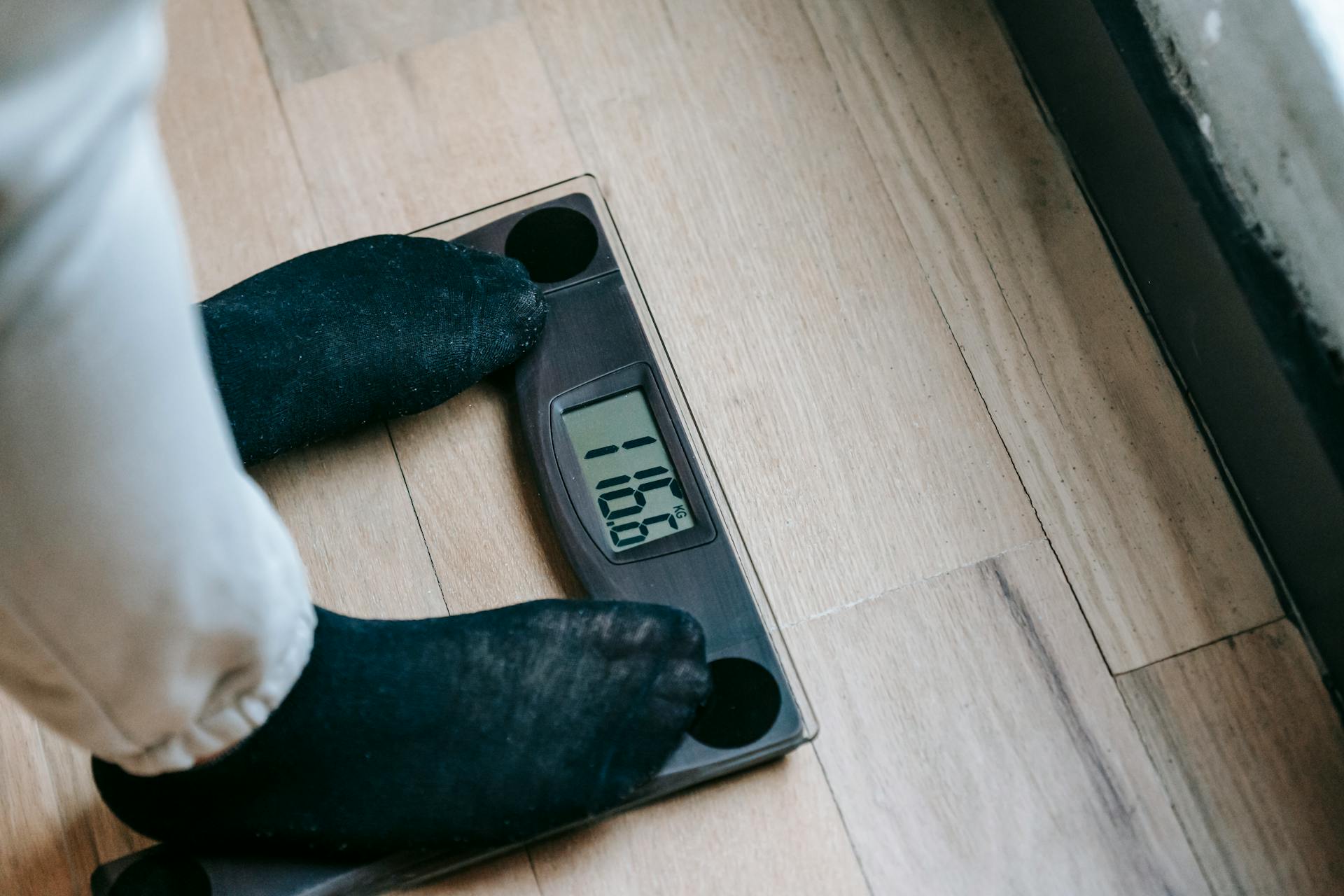
Homeowners often wonder if their house insurance will cover pest infestations and property damage. This is a common concern, especially for those who have dealt with costly repairs or replacements due to pest damage.
Typically, standard homeowners insurance policies cover damage caused by pests, but only if it's a result of a covered peril. For example, if a fire starts due to a pest infestation, the insurance policy may cover the damage.
However, it's essential to review your policy to understand what's covered and what's not. Some policies may have exclusions or limitations for pest-related damage.
Does House Insurance Cover Pest Control?
Standard home insurance policies typically don't cover damage caused by rats or rodents because infestation is seen as preventable. This means that if you have a rodent problem, your insurance won't pay for extermination services.
However, there are some scenarios where damage caused by rodents may be covered. For example, if a rodent chews through a pipe and causes water damage, your insurance may help cover the damage.
Rodents often cause damage that triggers other problems, like electrical fires. In these cases, your insurance may cover the damage, but not the extermination services.
Damage from pest infestations is only covered when it's unexpected. If you've been aware of a rodent infestation for weeks or months beforehand, an insurance company may deem the incident preventable, and your claim may be denied.
It's essential to take proper precautions to deter and prevent pest infestations. This includes regular maintenance and inspections to catch problems early.
Here are some key things to keep in mind about pest control and home insurance:
- Standard home insurance policies typically don't cover damage caused by rats or rodents.
- Damage caused by rodents may be covered in specific scenarios, such as water damage or electrical fires.
- Home insurance is unlikely to cover extermination services.
Types of Pest Damage Covered
Homeowners insurance may cover unexpected damage caused by pest infestations, such as mice chewing through wires and causing an electrical fire.
Damage from pest infestations is only covered if it's unexpected, and even then, it may not be covered if the infestation was considered preventable.
Examples of covered damage include water damage from a rodent chewing through an outdoor pipe and fire damage from a rodent chewing through wires.
Most policies do not cover damage caused by a rodent infestation in your woodpile, but may cover fire-related damages if the infestation is unexpected.
Here are some types of pest damage that may be covered by insurance:
Pest Damage Coverage
Pest damage coverage can be a bit tricky to understand, but I'll break it down for you. Homeowners insurance typically doesn't cover rodent damage, as it's considered a preventable loss.
Rodents can cause extensive damage to your home, chewing through metal, PVC pipes, drywall, and many other materials. Extermination costs can range from $176 to $613, and you'll likely have to pay out of pocket for these expenses.
However, if a rodent causes damage to your home through a covered peril, such as a fire or water damage, your insurance may help cover the cost. For example, if a rodent chews through an outdoor pipe and causes water damage, your home insurance may help cover the damage.
Damage from pest infestations is only covered when it's unexpected, and even then, it may not be covered if the infestation was considered preventable. For instance, mice chewing wires and causing an electrical fire may be covered, but mice treatment probably won't be.
Here's a breakdown of what types of termite insurance coverage are available:
It's essential to read your home insurance policy carefully and understand what's covered and excluded. If you're unsure about pest damage coverage, it's always best to consult with your insurance provider.
Termite Damage
Termite damage is a significant concern for homeowners, especially in areas prone to termite infestations. In Louisiana, you might come across various termite insurance options that offer protection against these pests.
Some policies cover termite species like subterranean termites or drywood termites, but it's essential to review your policy's specifics or contact your homeowner's insurance agent to confirm the exclusions.
Basic Termite Bonds cover the cost of treatment and repairs, but may not cover all types of termites, often excluding drywood termites. Full Damage Termite Bonds extend to the cost of treatment and full repair of damage, but come with higher premiums and may require proof of no existing infestation.
Stand-Alone Termite Policies are specially tailored to termites and can be purchased separately, but often come with higher costs that vary significantly between providers.
In general, homeowners insurance will not cover termite damage, as it's considered preventable damage under home maintenance. Insurance companies tend to see pest damage as something that can be prevented through routine inspections and treatments.
Homeowners insurance is intended to help pay for repairs after sudden natural disasters, not gradual property damage like termite infestations. Coverage of such damage would increase the overall cost of home insurance premiums, making it a less attractive option for insurance companies.
Here are some common reasons why pest damage, including termite damage, is often excluded from home insurance:
- Property damage is typically gradual and not sudden or accidental.
- Coverage of such damage would increase the overall cost of home insurance premiums.
- It takes time for insurers to assess and price the infestation risk accurately.
When Homes Cover Pest Infestations?
Homeowners insurance may cover damage caused by rodents, but only if it's unexpected and not preventable. For instance, if a rodent chews through an outdoor pipe and causes water damage, your home insurance may help cover the damage.
If you've heard mice scurrying in the walls or signs of a rodent infestation beforehand, your insurance company might deem the incident preventable and deny coverage.
Homeowners should take proper precautions to deter and prevent pest infestations, and treat them as soon as possible if one happens. This is crucial because it can lead to unexpected damage that would otherwise be covered being declined.
Routine maintenance may not detect pest infestations, so even if you take good care of your home, you might still be surprised by unexpected damage.
Frequently Asked Questions
What things does homeowners insurance not cover?
Homeowners insurance typically excludes coverage for natural disasters like floods and earthquakes, as well as damage caused by pests, mold, and long-term vacancy. Review your policy to understand what specific exclusions apply to your coverage.
Sources
- https://www.bankrate.com/insurance/homeowners-insurance/does-homeowners-insurance-cover-rodent-damage/
- https://arrowexterminating.com/blog/pest-damage-covered-homeowner-renter-insurance/
- https://www.dicklawfirm.com/blog/2022/august/does-homeowners-insurance-cover-pest-infestation/
- https://www.dodsonbros.com/termites/does-homeowners-insurance-cover-termite-damage/
- https://www.lajaunies.com/blog/does-home-insurance-cover-termite-damage-in-louisiana/
Featured Images: pexels.com


